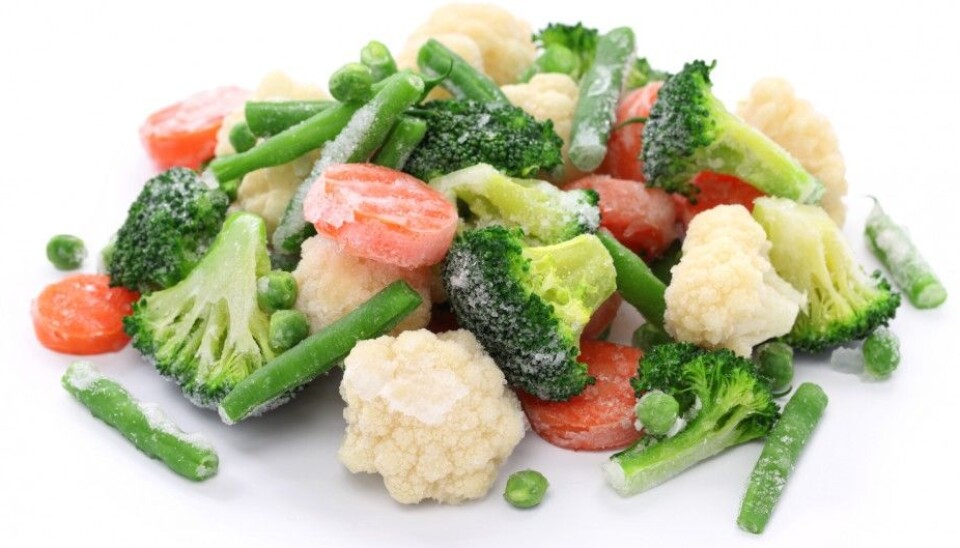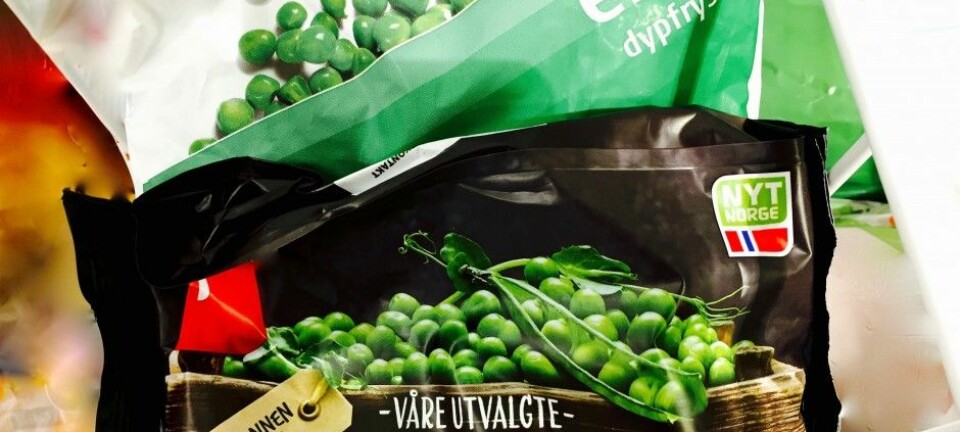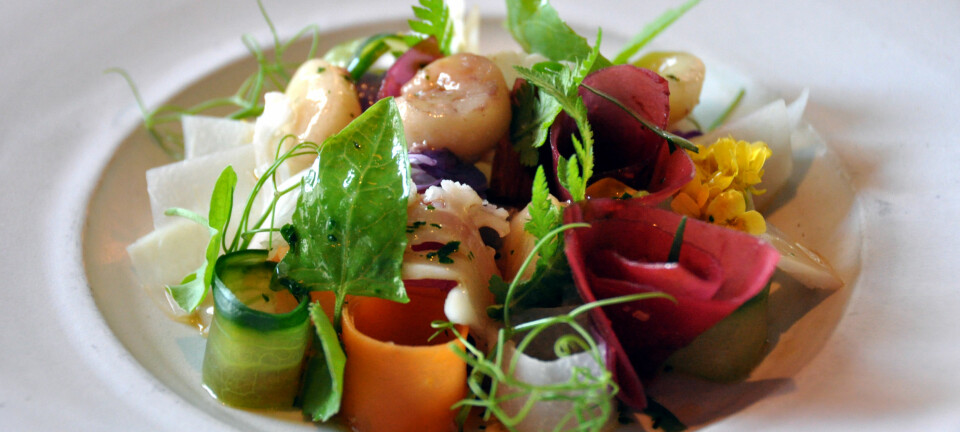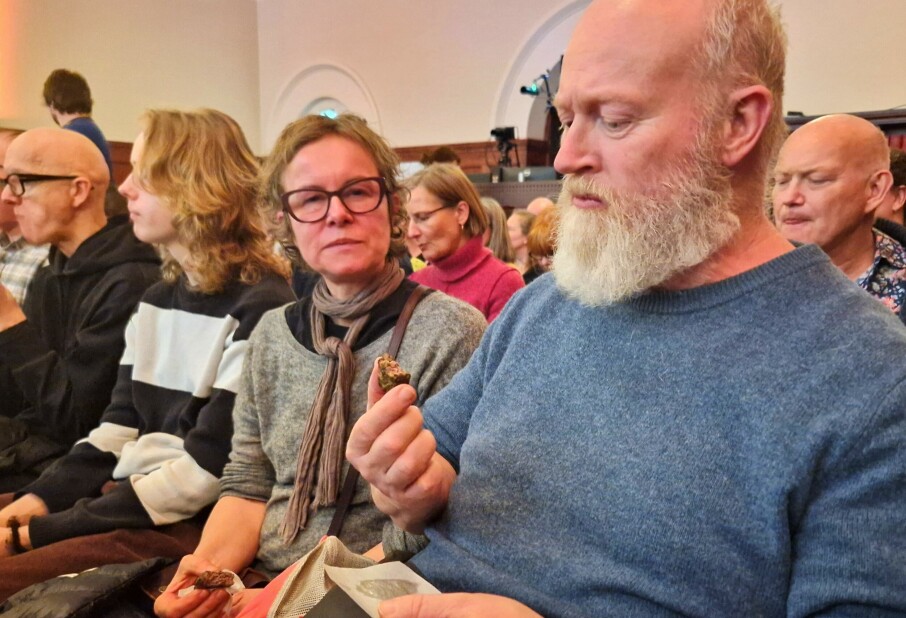
Clearing the name of frozen veggies once and for all
More and more people are trying to eat locally grown foods. But especially in winter, local vegetables are most likely to be found in the supermarket’s freezer section.
What do you do if you are a small, northern country with a short growing season and an increasing demand for vegetables? In Norway, the answer is to rely on southern neighbours, like Spain, to send their produce up north, especially in the winter and spring.
In fact, at the same time as Norwegians have increased the amount of vegetables they eat by 25 per cent over the last decade, according to Statistics Norway, only half of these vegetables are grown in Norway.
The solution, according to Sveinung Grimbsy, a researcher at Nofima, a research institute focused on food, is to change the negative attitude that people have towards frozen vegetables.
“Freezing is a natural way to preserve vegetables,” Grimsby says. He is also eager to describe the great advances made in freezing technology in recent years.
From field to freezer in hours
“Frozen vegetables currently have an undeserved bad reputation,” says Grimsby. “But if you buy frozen vegetables (in Norway) they often come from a field that is located almost next door to the freezing factory.”
Grimsby says that means the vegetables can be frozen within just a few hours of being harvested.
In contrast, if you buy fresh vegetables in winter and spring in Norway, they have often been traveling for days by truck from Spain or may have come by plane from Kenya or Brazil.
Very little waste
Food scientists like Grimsby would like consumers to have a much better opinion of frozen vegetables. But they are still puzzling over how best to convey this message.
Grimsby points out that there is much less waste with frozen vegetables, since they are picked and frozen in their prime, and don’t sit out on a produce shelf for days waiting for someone to buy them.
Another advantage is that there is no need to use preservatives with frozen vegetables, since the freezing itself preserves them just fine.
Finally, frozen vegetables in Norwegian supermarkets are much more likely to be from Norway, which reduces their environmental impact since they don’t have to be trucked or flown from distant countries.
Research has provided better products
Grethe Iren Borge is also a Nofima researcher. She says that it is difficult to say whether fresh or frozen vegetables are better from a nutritional standpoint. In both cases, the way the vegetables are grown and handled after harvest has a lot to say in terms of determining quality, she said.
“But frozen vegetables are a very good alternative to fresh,” she said. “The nutritional content of frozen vegetables is generally very good.”
She also agrees that frozen foods are more likely to be local foods.
“As food scientists, we can also say if you want to eat locally grown Norwegian food, then you should choose from the vegetables in the supermarket freezer,” she said.
Root crops versus flowers
In general, root crops such as potatoes and carrots keep well, and if they are stored properly can be purchased “fresh” up to nine months after harvest.
But products such as broccoli and cauliflower are actually made up of unopened flowers. They don’t keep well for more than 2 or 3 weeks, and during the winter, if you want to buy them fresh, they will have to be trucked long distances.
That will affect their nutritional content, the researchers say, so you are much better off buying these vegetables frozen when you can’t buy fresh versions locally.
Peas and beans are the most sensitive in terms of freshness, and begin to degrade just six hours after harvest. These are also best bought frozen in non-summer months.
If Grimsby and Borge have persuaded you to buy more frozen vegetables, they have a second piece of advice: thawing those frozen vegetables quickly, and right before you eat them is the best way maintain their quality and taste.
“Try to get them from the freezer to the dinner plate as quickly as possible,” Grimsby said. “That does the most to retain their healthy nutrients.”
-------------------------------------
Read the Norwegian version of this article at forskning.no

































